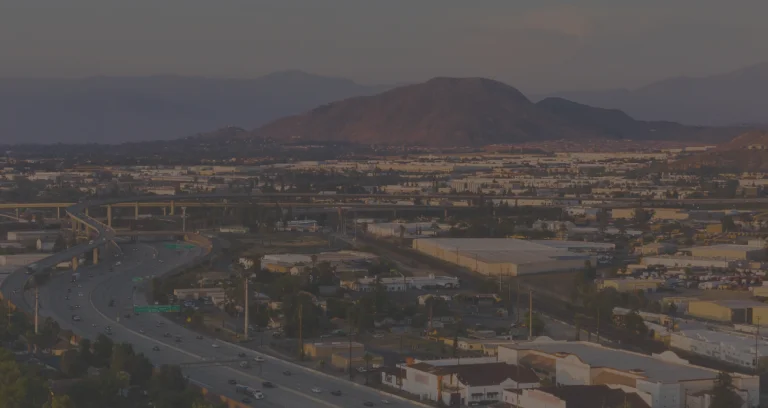Temecula, Murrieta and Hemet Criminal Defense Law Office
Recently in Long Beach, police stopped a man for a traffic violation. According to news sources, the man showed signs of great nervousness as the police spoke with him; they also discovered that he was driving without a license. They searched his car and found packaging material commonly associated with transporting large quantities of narcotics. Later, they searched his home and allegedly discovered close to 80 lbs. of cocaine, a few pounds of methamphetamine, and several other items suggestive of criminal activity, including a stolen car.
And it all started with a traffic stop.
What can police look for during a traffic stop?
You may be wondering whether the police can always search your vehicle during a traffic stop. The law is complicated, and there are gray areas subject to multiple interpretations. However, here are some general points to consider:
- To initially pull you over, police need probable cause that you’re in violation of some law or regulation. For instance, maybe your headlights are damaged. Maybe you blew a stop sign. Or maybe there are signs of other criminal activity, such as what appears to be a violent struggle in the back seat.
- If the only reason you’ve been pulled over is a relatively minor traffic violation, police will generally need your permission to search your vehicle. Without probable cause, they can’t conduct a warrantless search of your car. If they ask you for permission to search your vehicle, you can legally say no; make your refusal polite and calm, but unequivocal (“I don’t consent to a search of my vehicle”), even if they attempt to pressure you by saying things like, “What have you got to hide?”
- However, a warrantless search may be permissible when the police have probable cause; this means they have good reason to suspect that your car contains evidence of some other crime.
- What could give them good reason to suspect such a thing? Their suspicions can’t be based on some vague hunch. They have to sense something concrete. Maybe they see something in your car. Smell alcohol or detect another illegal substance. Maybe you’ve said something that inadvertently revealed your involvement in a crime.
Whether or not police have probable cause for a warrantless search could be unclear, which is one reason you need to contact a reputable criminal defense attorney to review your case carefully. Evidence for illegal activities, including drug crimes, could wind up not being admissible if they were obtained improperly.
Traffic stop behavior
At a traffic stop, you should always keep your demeanor calm and respectful; don’t make any sudden, aggressive moves or display poor temper or excessive agitation. Before an officer approaches you, take a moment to collect yourself and prepare yourself for what might be an intimidating, high-pressure encounter. Speak to the officer(s) respectfully (even when you’re making or repeating a refusal to consent to a search) and don’t say more than you have to. Pay careful attention to what they ask you; sometimes they’ll make a request to search your vehicle sound more like a command.
They may tell you or your passengers to get out of the car. You should comply. They’re permitted to frisk you along the outside of your clothing if they have good reason to believe you’re armed. Always remember to keep your refusal to be searched both verbal and calm; don’t touch a police officer, scream in their face, or physically resist them, as this could lead to aggressive retaliation and criminal charges.
If a police officer seems to not accept your refusal to consent to a search, ask them if you’re actually detained or if you’re free to go; don’t run away, or roll the car window up and drive off, without obtaining permission to leave the scene.
If you wind up getting detained, and then perhaps arrested, it’s imperative that you exercise your right to remain silent and to contact an attorney. Another advantage to remaining calm is that it will help you pay attention and remember the details to review with your attorney.
Traffic stops are stressful, and they may also land you in hot water. But you also have rights, and the police can’t violate your rights when they attempt to collect evidence, detain or arrest you.


